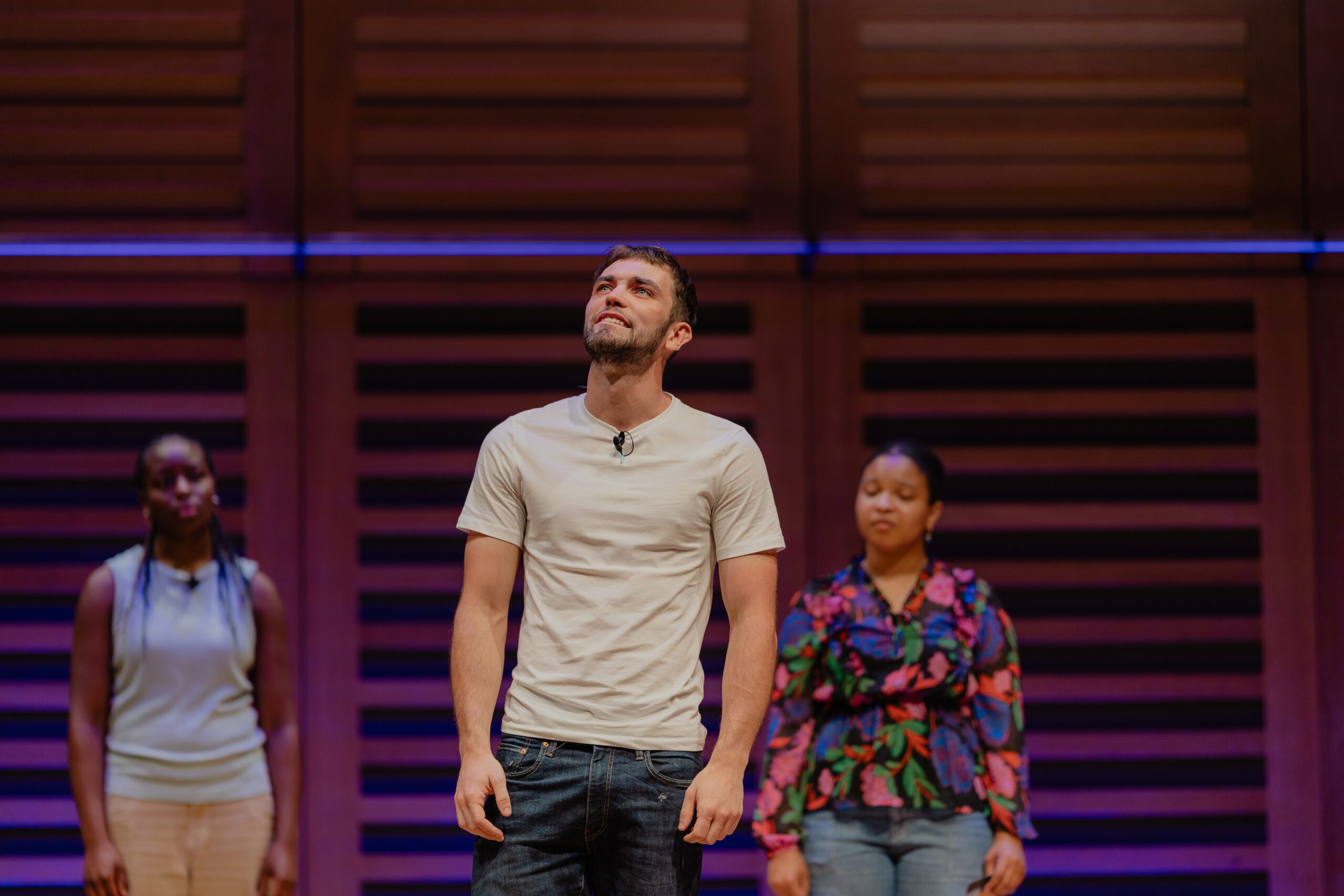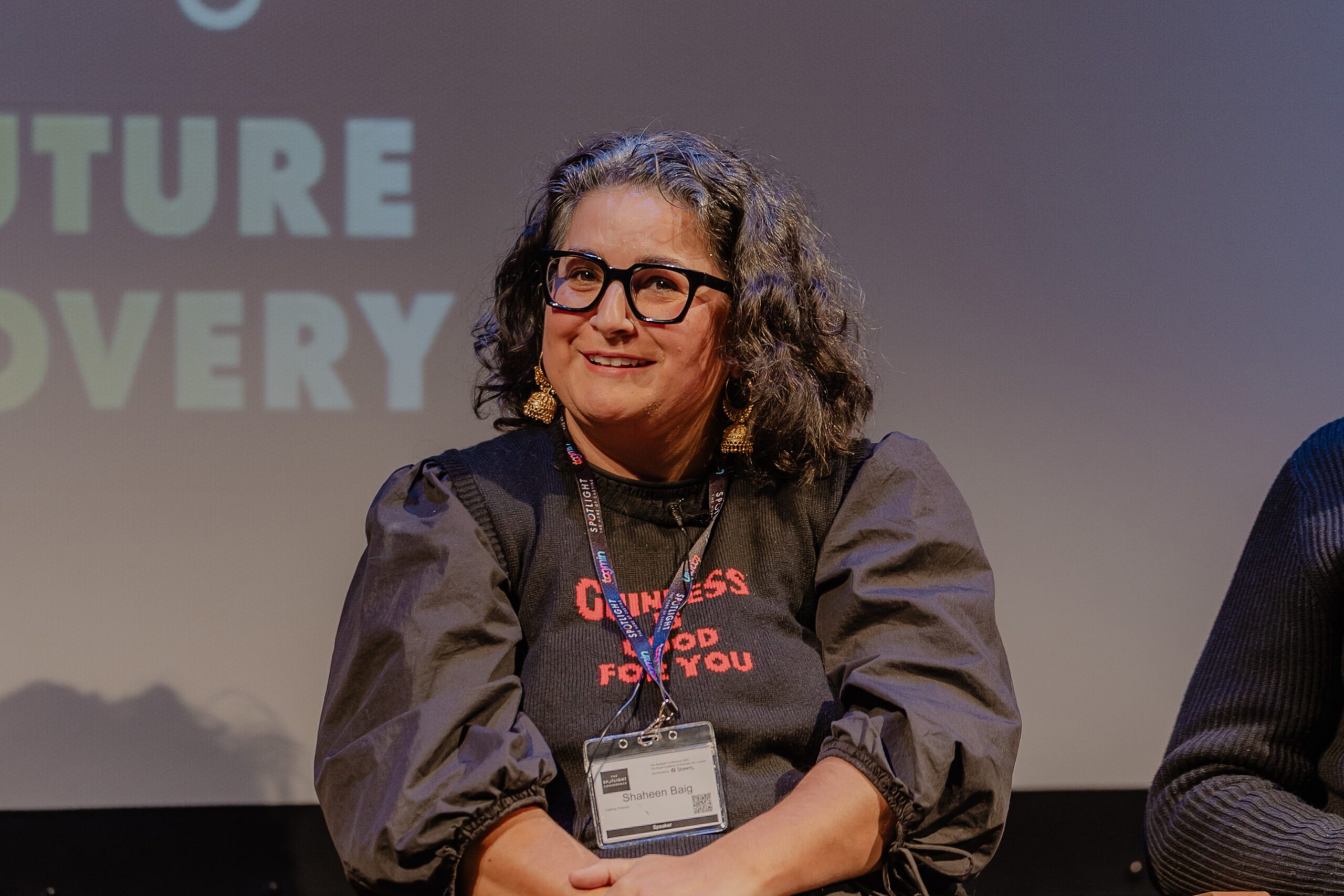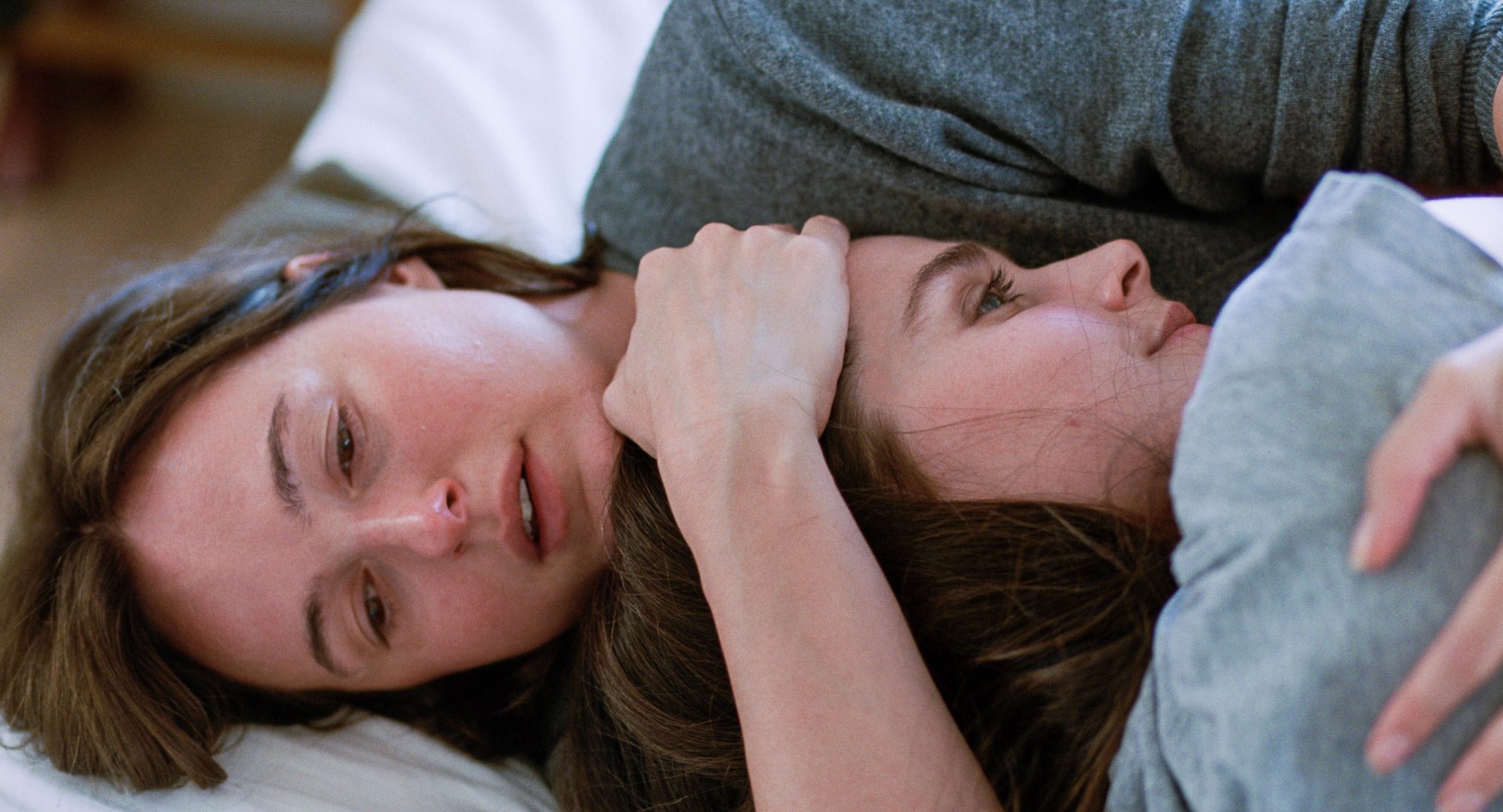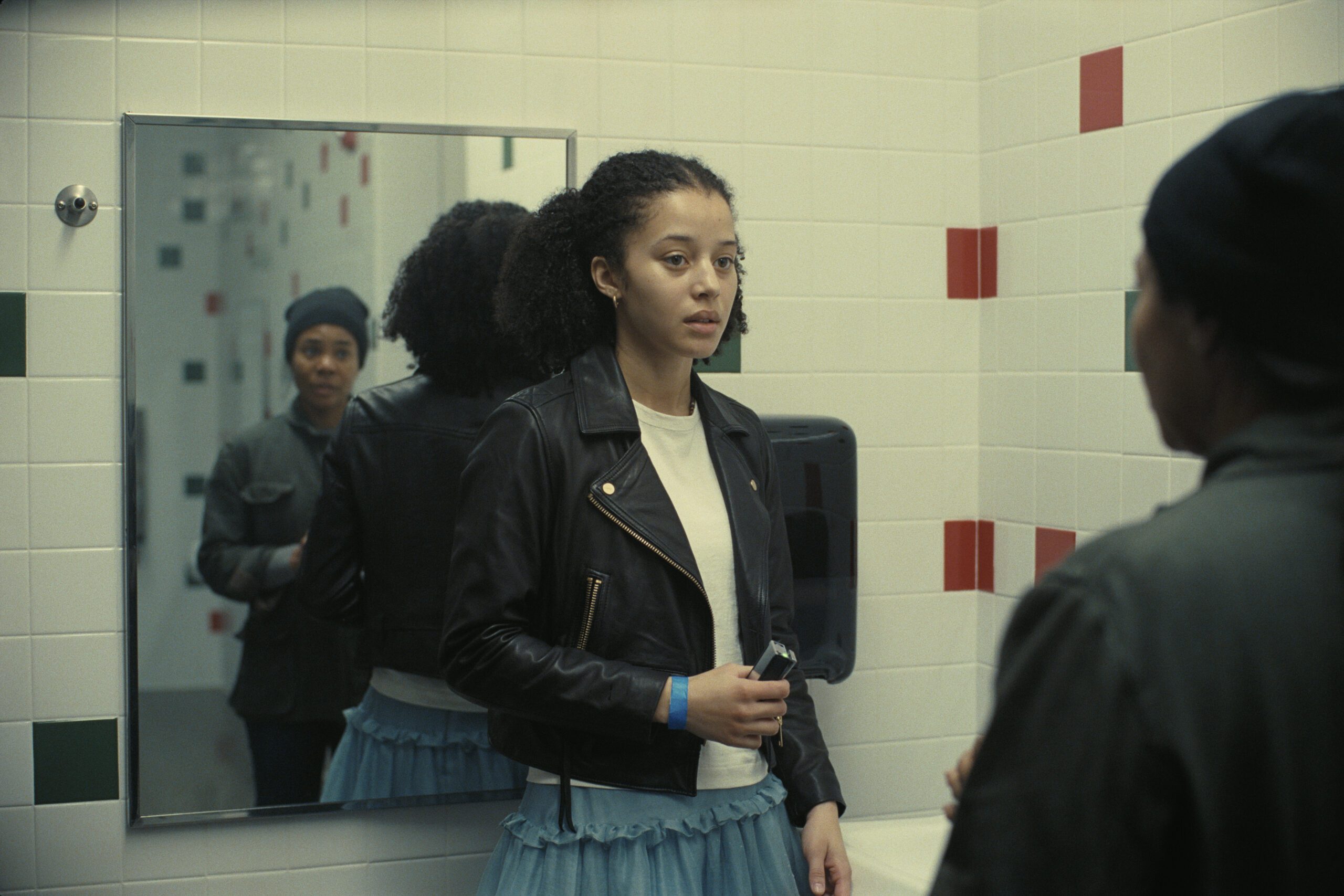When the curtain rises, anything can happen. Discover how professional stage actors handle the unpredictable nature of live theatre.
When it comes to live theatre, every performance is a unique event. The audience expects a compelling story, but what happens when the unexpected strikes? How do actors keep the show going when lines are forgotten, props go awry, or something completely unforeseen unfolds on stage?
We spoke to some of the talented performers from the Off-West End Awards, who shared their invaluable insights and actionable tips on not just surviving, but thriving, when the script takes an unexpected turn.
Video Insights:
- Discover the essential techniques professional performers use to manage unexpected mishaps in the middle of a live performance.
- Hear from Off-West End Award performers about the importance of improvisation, teamwork, and humour when the script goes awry.
- Learn how to transform onstage mistakes from potential disasters into memorable, unique moments that celebrate the magic of live theatre.
Here’s what they shared:
1. Improvisation Is Your Best Friend On Stage
When things go wrong, quick thinking is paramount. As performer Christian Vit wisely advises, “Improvise. People don’t know what you’re about to say, what you’re about to do, so as long as you make it natural and unexpected, the people believe you.”
The audience is often unaware of the original script, so make improvisation your greatest asset and don’t let them realise things haven’t gone to plan. A successful actor knows their character’s objectives and motivations so well that they can organically create new dialogue or actions to cover a mistake while still driving the scene forward. Whether it’s a forgotten line or a broken prop, responding in character is the golden rule of recovery.
For instance, if a prop that is meant to be in a character’s hand is missing, they could improvise a line about having left it elsewhere or needing to go fetch it, thus building a small, believable moment of action while the problem is fixed offstage or the scene is steered toward the next beat.
2. Embrace the Humour so Mistakes Become Part of the Fun
Sometimes, the best way to handle a mistake is to lean into it.
Monica Salvia shared her approach: “When [mistakes] happen, I make the best of it and I try to make a joke or something or include it in the atmosphere.”
A well-placed joke or a subtle acknowledgment can not only diffuse tension but also endear you to the audience. When an error is too big to ignore – like a piece of the set collapsing or an involuntary sneeze – addressing it briefly in character can transform a potential disaster into a shared, spontaneous moment that the audience will remember fondly. This spontaneous connection reinforces the unique magic of live theatre, where the unexpected is not a flaw, but a feature.
3. Teamwork Makes the Dream Work
Live theatre is a collaborative art form. When something goes wrong, your fellow actors are your immediate support system.
Skye Hallam eloquently describes this dynamic: “You just look at the other person and you’re like, ‘Okay, let’s zip up and pull together and we’ll make it happen,’ and we always do.”
A quick glance, a shared understanding and a collective effort can seamlessly guide the performance back on track. This mutual support system requires performers to be active listeners, not just waiting for their cue. If a scene partner skips a line or needs a prompt, the actor who is truly present can quickly supply a cue, repeat a line or even subtly adjust their blocking to re-centre the other performer.
This is the essence of ‘knowing the whole play’, not just your part – it allows the cast to act as a unified safety net.
4. Shake it Off, Move On
Once a mistake has happened, dwelling on it can be more detrimental than the error itself. As Sofia Engstrand put it simply, “Shake it off, move on.”
The audience is experiencing the present moment, and so should you. Don’t let a momentary lapse derail the rest of your performance. Take a quiet breath, regain your focus and fully reinvest in the current moment of the play. The ability to recover gracefully and maintain your composure is what separates a good actor from a great one. The performance continues, and your focus must immediately return to your character’s intention, not the panic in your own head.
5. The Beauty of the ‘One-Time Only’ Experience
Perhaps the most comforting perspective comes from Victoria Yeates: “It’s part of it. That’s why people love theatre because it’s just a one time only thing.”
This uniqueness is precisely what draws audiences to live performance – the knowledge that anything can happen, and they are witnessing a truly unrepeatable event. The unpredictability is part of the allure, adding a live, energetic edge that a scripted film or TV show can never replicate. When actors manage a hiccup with grace, the audience feels like they’ve been let in on a special secret, forging a stronger, more memorable connection to the story.
6. Own the Unexpected
Ultimately, the best approach is to embrace the inherent unpredictability of live theatre.
As Arturo Luiz Soria states, “Today’s live theatre, things are going to be unexpected. Welcome it and embrace that it’s live and that anything can happen. If you embrace it and you own it, the audience will embrace it and own it and everyone gets to tell that story for the rest of time.”
In Summary:
- Practice improvisational exercises regularly. Build your confidence and ability to react spontaneously and naturally.
- Develop a good sense of humour about your work. Not taking yourself too seriously allows for more flexibility and creativity when things don’t go according to plan.
- Foster strong communication and trust with your cast mates. Knowing you can rely on each other to adapt and support one another creates a resilient and unified performance.
- Reframe mistakes not as failures but as unique contributions to that specific, unrepeatable performance. This perspective can reduce performance anxiety and allow you to embrace the live aspect more fully.
Take a look at our website for more acting tips and advice and video interviews with creatives.





